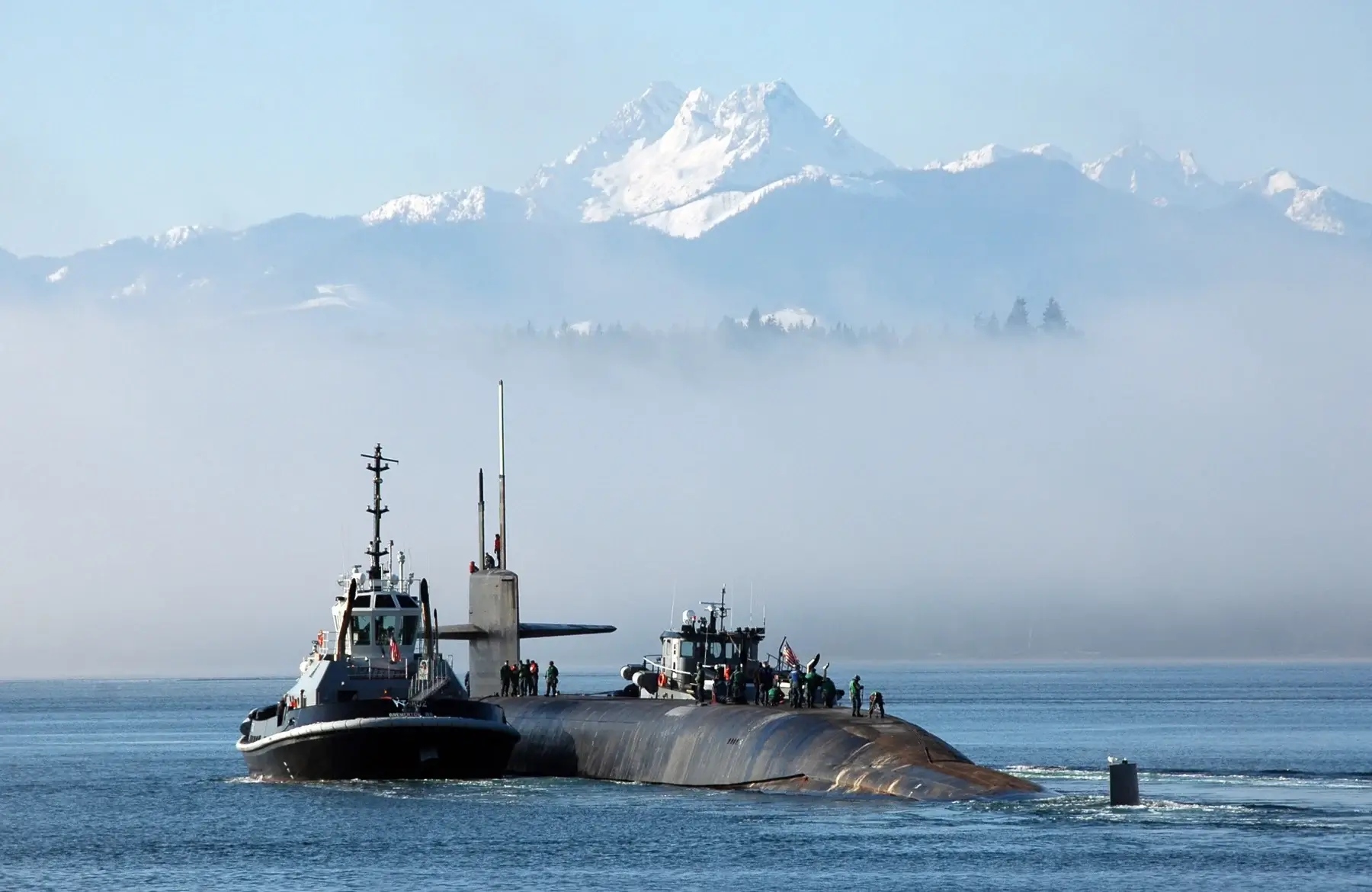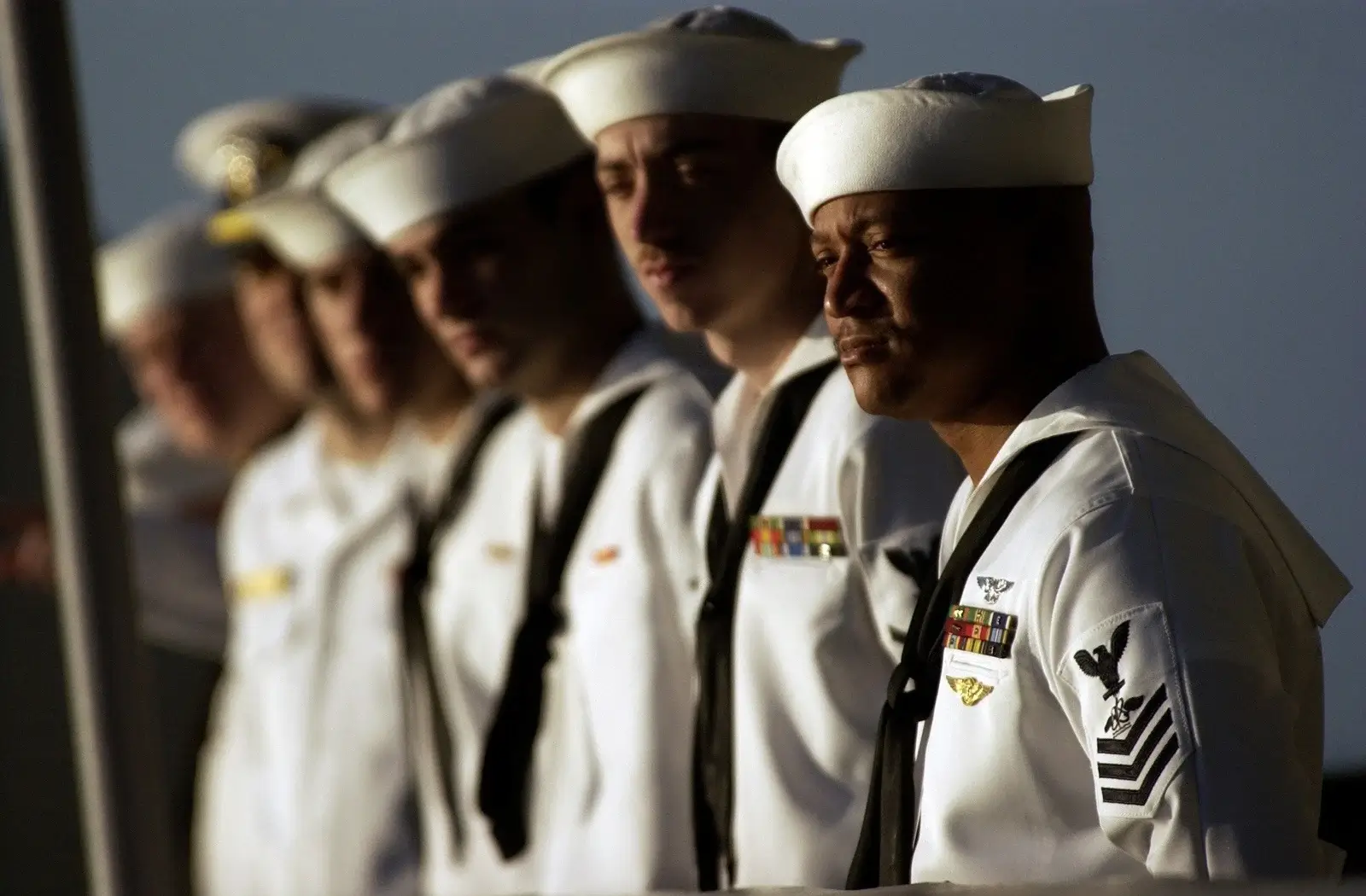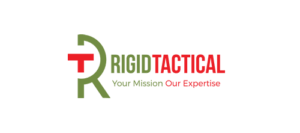Navy RRL Program
Modernize Training

Rigid Tactical’s Navy Ready Relevant Learning Program Support
-
- RRL SMEs: Our team of Navy rate SMEs has a strong understanding of RRL analysis processes and rate specific technical skills. They maintain close relationships with Navy deck plate leadership to ensure that rate skill development and RRL analysis outcomes are achievable and aligned. Our SMEs are efficient in scoping, learning, task and situational analysis, curriculum design and validation, and course design and delivery. We reduce time delays by ensuring technical rate validation in stream during all phases of RRL, resulting in faster approval and acceptance by TYCOM and Fleet.
-
- Tailored Learning Paths: We create customized learning paths that cater to the unique operational roles and career goals of naval personnel. This ensures that the learning is relevant, valuable, and aligned with professional development and technical development requirements for all Navy enlisted rates.
-
- Real-Time Performance Analytics: Our real-time analytics help monitor, assess, and enhance the performance and readiness of personnel, fostering a culture of continuous improvement. Our partnerships provide real-time feedback, analytical products, and training effectiveness and skill development progress.
-
- Interactive Learning Modules: Our interactive training development experience promotes engagement, retention, and practical application of knowledge acquired. This ensures that the learning experience is enriching and engaging.
-
- Operational Scenario Simulations: We offer realistic operational scenarios to foster critical thinking, problem-solving, and decision-making skills, which are essential for the complex naval operational environment. Our heritage in Special Operations drives us to “train like we fight.
-
- On-the-Go Learning: We can offer mobile learning solutions or assist in the development of viable solutions that can allow naval personnel to access learning materials anytime, anywhere, fostering a culture of continuous learning and improvement. Access to training courses, learning materials, references, and reinforcement of individual skills is essential for modern continuous training.
-
- Expert Mentoring: Our seasoned naval experts provide insightful mentoring, guidance, and feedback, allowing personnel to achieve their full potential. Partner with our team of experts to achieve the Navy’s RRL objectives and deliver products that significantly contribute to your success.
Key Features of the Rigid Tactical Naval RRL Program Support:
Requirements Development
Accurately gathering training requirements necessitates current operational input a comprehensive understanding of the desired outcome and the involvement of validated experts to ensure effectiveness and accuracy Errors in determining who participates can have serious negative effects on the development of the training program.
Despite the critical role of SME Subject Matter Experts and their operational input most development struggles to effectively include them SMEs often have critical requirements that can distract focus and may not fully grasp the Informational Systems Design methods and requirements development processes On the other hand ISD Instructional Systems Design experts may not fully comprehend the technical cultural and professional requirements that create the operating and training environment As a result they may attempt to collect all information without understanding whether it is relevant or not.
This disconnect between SME and ISD can lead to significant delays errors rework or redundant effort during the development phase This can unnecessarily prolong the time spent in development impact the resourcing of requirements and result in outdated or inaccurate solutions that require significant effort to correct or update.


Requirements Development
Accurately gathering training requirements necessitates current operational input a comprehensive understanding of the desired outcome and the involvement of validated experts to ensure effectiveness and accuracy Errors in determining who participates can have serious negative effects on the development of the training program.
Despite the critical role of SME Subject Matter Experts and their operational input most development struggles to effectively include them SMEs often have critical requirements that can distract focus and may not fully grasp the Informational Systems Design methods and requirements development processes On the other hand ISD Instructional Systems Design experts may not fully comprehend the technical cultural and professional requirements that create the operating and training environment As a result they may attempt to collect all information without understanding whether it is relevant or not.
This disconnect between SME and ISD can lead to significant delays errors rework or redundant effort during the development phase This can unnecessarily prolong the time spent in development impact the resourcing of requirements and result in outdated or inaccurate solutions that require significant effort to correct or update.

Modernization and Acquisition
Effective training requirements must be developed and implemented with input from Subject Matter Experts SMEs throughout the entire process This includes course and content design technology integration and procurement and evaluation and acceptance SMEs must participate in curriculum and technology development and resource acquisition to ensure that the requirements are completed in a timely and accurate manner However the skills and knowledge required for designing developing and procuring training resources are not always present within the profession undergoing modernization Additionally SMEs involved in the initial requirements development may no longer be available requiring the education of new SMEs on the intended outcomes and developed requirements Without proper education and understanding of these processes SMEs will likely encounter the same obstacles that affected the initial requirements development hindering their integration efforts.
Fielding Validation Assessment and Sustainment
During the Fielding Phase SME interaction is crucial and becomes the key to modernizing training Their years of experience and insight into training methods technical requirements and professional and cultural nuances are essential for success By rapidly adapting to new technology and methodologies SMEs can immediately add value on site and connect with the target audience If involved throughout the modernization process SMEs can smoothly provide the instructor cadre with necessary skills and task relations to the new course professional credibility and bridge the gap between the process and technical profession These SMEs can continue as instructor cadre or training support ensuring desired outcomes are achieved at every step of the process Military SMEs cannot hold such focused roles for extended periods of time to attain this level of involvement or stability.


Fielding Validation Assessment and Sustainment
During the Fielding Phase SME interaction is crucial and becomes the key to modernizing training Their years of experience and insight into training methods technical requirements and professional and cultural nuances are essential for success By rapidly adapting to new technology and methodologies SMEs can immediately add value on site and connect with the target audience If involved throughout the modernization process SMEs can smoothly provide the instructor cadre with necessary skills and task relations to the new course professional credibility and bridge the gap between the process and technical profession These SMEs can continue as instructor cadre or training support ensuring desired outcomes are achieved at every step of the process Military SMEs cannot hold such focused roles for extended periods of time to attain this level of involvement or stability.

The Rigid Tactical Approach
SME Validation
- Recruit, Hire, and Validate SMEs
- Build a strong pool of SMEs from the relevant military profession using our professional network.
- Validate each candidate’s recent experience within that profession’s current leadership.
- Establish regular feedback loops between the profession’s current leadership, our SMEs and PMO.
SME Integration
- Provide process aware SMEs.
- Our SMEs are well-versed in modernization processes, products, ISD, and procurement lexicons and methods.
- To facilitate SME integration, we provide them with ISD, procurement, and other relevant professional personnel to address any issues that arise.
- We track SME progress and effectiveness through frequent PMO engagements.
- Regular customer interactions are conducted by our PMO to ensure that SME productivity and effectiveness are maintained.
Impact

Integrated and effective teams, enabled by Rigid Tactical SMEs.

Analysis and Procurement Professionals supported constantly by validated SMEs

Rapid escalation of modernization efforts, reduced process errors, and quicker ROI
Contact our Training Development Team
Contact our Training Development Team and let us enable your success in modernizing training.
Email: bob.frew@rigidtactical.com
Bob Frew, our team lead, has recently retired from the Navy with over 27 years of training experience and a proven track record. As a Navy EOD Master Chief, he has been responsible for the development of individual, team, command, and community wide training requirements. Additionally, he has led the way in professional qualification standards, career development requirements, high-risk training courses, and leadership development courses for officers, enlisted, and the civilian workforce. Bob spearheaded the Navy EOD Ready Relevant Learning (RRL) process through Requirements Development and Fielding and Feasibility Analysis in less than a year. He has an in-depth understanding of the Navy’s RRL process, requirements, stakeholders, and senior staff.

